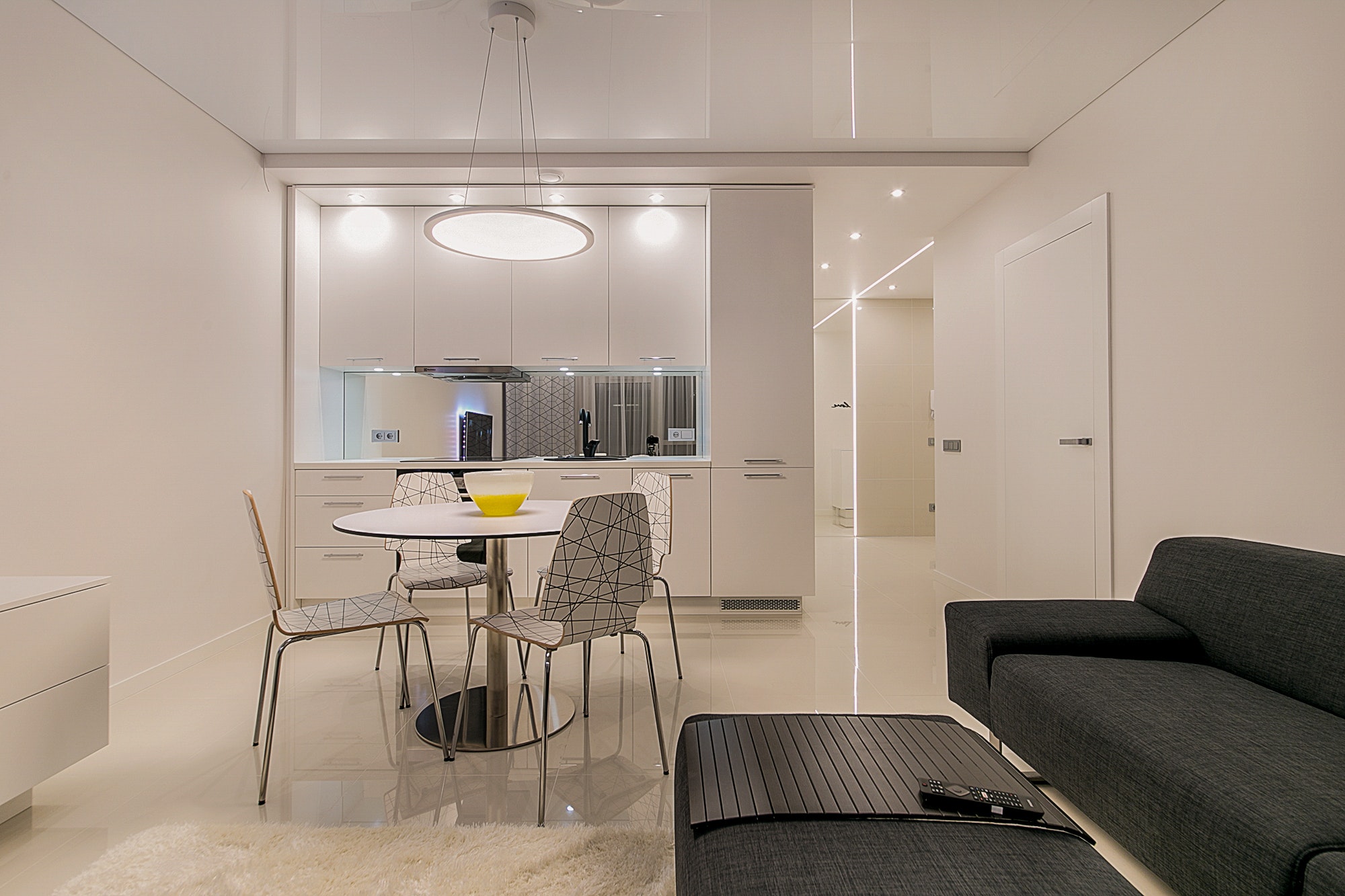Unlocking the Potential of Cash Only Properties with a Renovation Loan
 Navigating today’s real estate market can be challenging, especially when dealing with properties listed as “cash-only.” These homes often require extensive repairs or are in poor condition, making them difficult to finance through traditional means. Fortunately, a renovation loan offers a solution, allowing you to finance both the purchase and renovation of these properties with a single loan.
Navigating today’s real estate market can be challenging, especially when dealing with properties listed as “cash-only.” These homes often require extensive repairs or are in poor condition, making them difficult to finance through traditional means. Fortunately, a renovation loan offers a solution, allowing you to finance both the purchase and renovation of these properties with a single loan.
What Are Cash-Only Properties?
Cash-only properties are usually homes that need significant repairs or updates, which disqualifies them from conventional financing options. These properties might be in disrepair, lacking essential features, or have other issues that prevent standard home loans from being available. As a result, buyers are often required to pay in cash, creating a barrier for many potential homeowners.
The Solution: Renovation Loans
Renovation loans provide a practical solution by combining the costs of purchasing a cash-only property and renovating it into one comprehensive loan. This approach simplifies the financing process and removes the need for hard money loans or fix-and-flip financing. Here’s how renovation loans can help you transform cash-only properties into your ideal home:
Key Benefits of Renovation Loans
- All-in-One Financing
With a renovation loan, you can cover both the purchase price of the property and the renovation costs in a single loan. This streamlines the financing process and ensures you have the necessary funds to buy and improve the property at the same time.
- Customizable Renovations
Renovation loans offer the flexibility to customize the property to your preferences. Whether you want to update the kitchen, add a new bathroom, or overhaul other areas, this financing option allows you to make the changes you envision.
- Transforming Distressed Properties
A renovation loan enables you to see the potential in distressed properties and turn them into your dream home. Instead of settling for what’s currently on the market, you can purchase a fixer-upper and tailor it to your exact specifications.
- Competitive Edge
In a competitive market, the ability to purchase cash-only properties with a renovation loan can set you apart from other buyers. Many buyers shy away from these properties due to the cash requirement, but with a renovation loan, you can confidently make an offer and secure the property.
Getting Started
Before applying for a renovation loan, assess your financial situation and establish a clear budget for both the purchase and renovation. Partnering with a real estate agent experienced in renovation loans will help you identify suitable properties.
Once you’ve found a property, work with contractors to create a detailed renovation plan and budget. This plan will be essential for securing the loan and ensuring that renovations are completed to your satisfaction and within the required timeframe.
Renovation loans offer a unique opportunity to turn cash-only properties into beautiful, functional homes. By financing both the purchase and renovation costs with a single loan, you can bypass the complexities of hard money loans and fix-and-flip financing while customizing the property to meet your needs. If you’re interested in exploring how a renovation loan can help you purchase and transform a cash-only property, consider reaching out to a knowledgeable lender who can guide you through the process.

 There are a lot of people who are looking to improve the home in which they live. One of the top ways to do this is to renovate the building; however, it is also important for everyone to make sure they know exactly what they are doing before they get started. There are several questions that everyone should ask before they start a home renovation project.
There are a lot of people who are looking to improve the home in which they live. One of the top ways to do this is to renovate the building; however, it is also important for everyone to make sure they know exactly what they are doing before they get started. There are several questions that everyone should ask before they start a home renovation project. Hardwood flooring is considered a premium flooring material. It’s natural, long-lasting, durable and comes in a wide assortment of colors, wood, stains and plank widths. But hardwood flooring isn’t always the best choice. If you’re looking at homes to buy and eliminating the ones with laminate flooring, you could be overlooking some important considerations.
Hardwood flooring is considered a premium flooring material. It’s natural, long-lasting, durable and comes in a wide assortment of colors, wood, stains and plank widths. But hardwood flooring isn’t always the best choice. If you’re looking at homes to buy and eliminating the ones with laminate flooring, you could be overlooking some important considerations. One renovation that may add value to a home is an in-law apartment. Even if a homeowner does not have any relatives, an in-law apartment makes wonderful guest accommodations. It is possible to rent it when unoccupied to earn some money.
One renovation that may add value to a home is an in-law apartment. Even if a homeowner does not have any relatives, an in-law apartment makes wonderful guest accommodations. It is possible to rent it when unoccupied to earn some money.